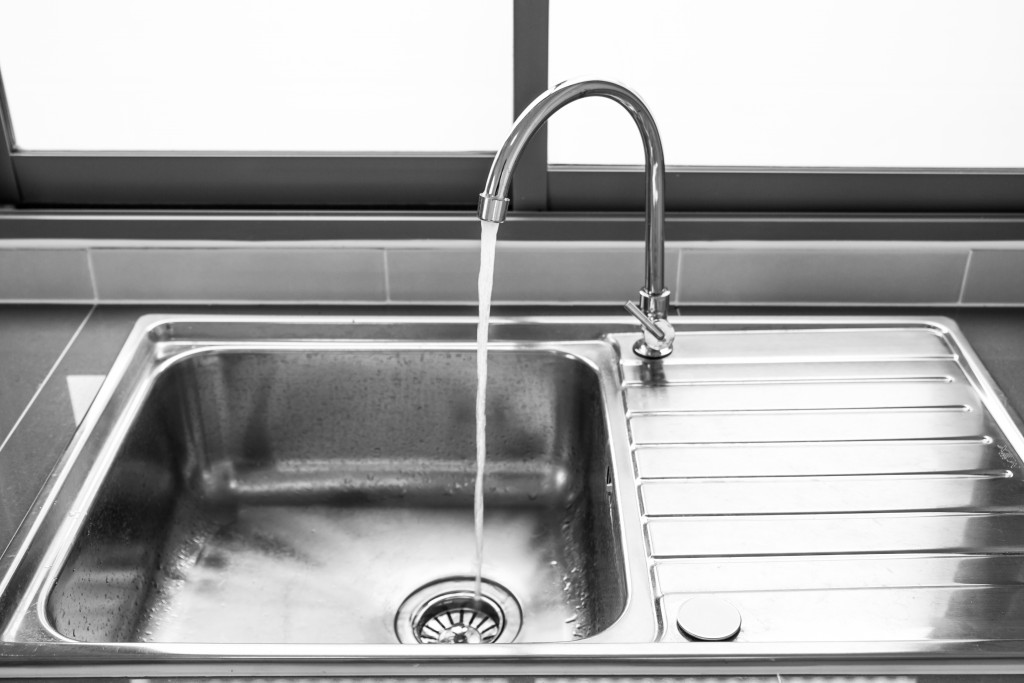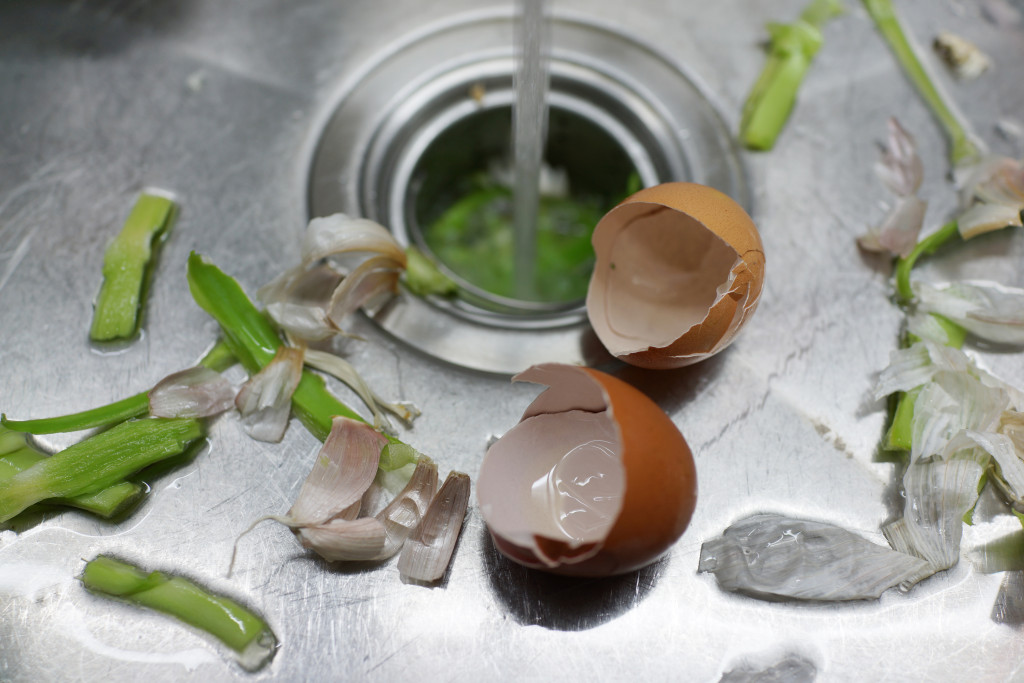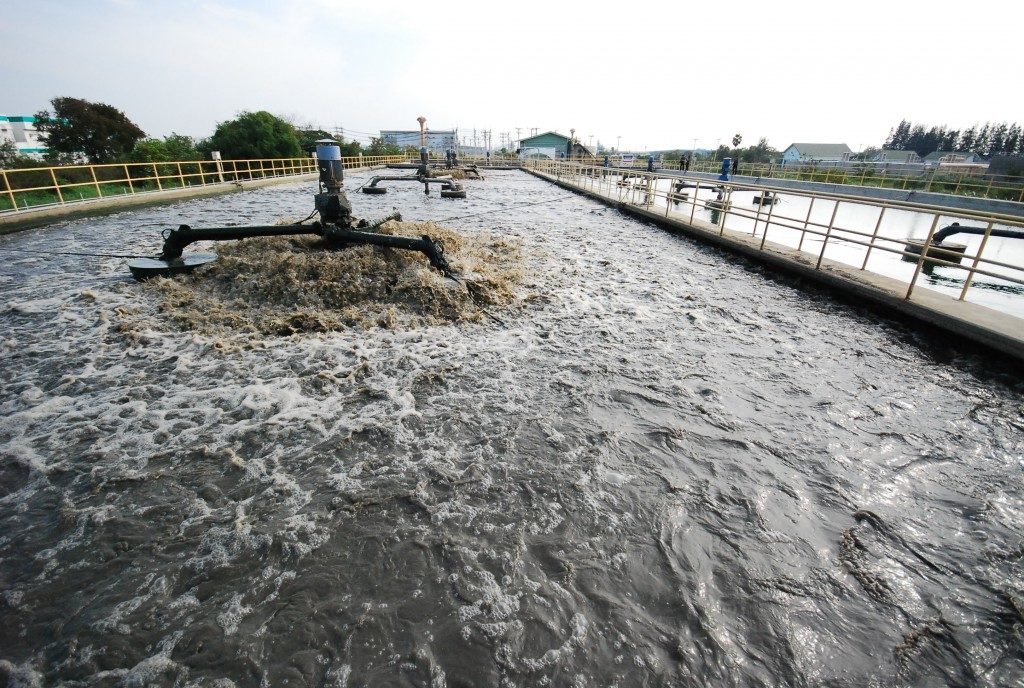Household clogs can be irritating to downright disgusting. Clogs in the kitchen might be tolerable, but a clogged toilet can cost thousands of dollars in water damage. With the onset of winter, clogs in Utah are becoming more common, and dealing with them should be a priority.
1. Grease and Oil
Cold temperatures make the fat in grease and oil clump up. Pouring oil into your sink might not be a good idea, and just gleaning grease off plates can lead to build-ups. Cooking oil usually freezes at 45-50°F, but clumping can occur at just 75°F. The grease and fat in food easily clump in the same temperatures. Unless you heat your entire home, there should be significant clumps under the kitchen sink during winter. Boiling water should be enough to unclog the drains.
2. Hair
Winter might be cold, but the air is also drier. Dry air leads to dry scalps, and dry scalps lead to dry hair. Breakage is more common in winter, and most of that hair will come off during showers. Hair takes months — even years — to dissolve. It can accumulate slowly in drains or pipes, eventually causing clogs. Grocery-bought drain cleaners should be enough to deal with hair clogs, but you can also use a combination of baking soda and vinegar if you prefer a less toxic solution.
3. Soap
If you’ve watched fight club, you know that soap contains grease and fat. Combined with minerals in the water, they form hard residue, more commonly referred to as soap scum. Residue steadily accumulates. Visible staining on bath fittings is a clear marker of residue build-up in the bathroom. However, clogging in pipes can be hard to detect. The usual hot water or baking soda and vinegar combo should clear most soap clogs, but you should also consider using soap-free washes to avoid soap build-up.

4. Garbage Disposal Waste
Don’t put literal garbage into the garbage disposal. Food waste can clog your drain, particularly ones that your garbage disposal can’t deal with. Coffee grounds are better left in the trash or maybe the garden, as they end up as sediment in the drain. Bread, rice, oats, pasta, and any grain that absorbs water are a no-no. They absorb water and expand, clogging your drain at twice the speed. Hard substances like animal bones, nuts, pits, seeds, and shells can block the drain and damage your waste disposal. It’s better to throw them in the garbage than use huge amounts of drain cleaner to dissolve them.
5. Toilet Paper
While specifically designed to be flushed, using too much toilet paper can still cause problems. Toilet paper is made to dissolve in water. However, large clumps will dissolve at a slower rate. If you need more than a couple of wipes, make sure to flush in between so toilet paper doesn’t go down in a clumped-up mass. Opt for more soluble or faster dissolving toilet paper. Try not to use flushable or disposable wipes. Unlike toilet paper, wipes take longer to dissolve. They may not clog your drains, but they can be a major problem to the local sewer system.
6. Sediments and Minerals
Utah has some of the hardest water in the nation. Hard water contains compounds of calcium and magnesium, more commonly referred to as limescale. These minerals do not dissolve in water and slowly build up in pipes. The problem is more common in older homes where limescale has enough time to accumulate. The usual drain cleaner might not be effective on limescale. You’ll need professional plumbers to deal with mineral clogs, and new piping might even be an option. Water softeners can minimize the effects of minerals on pipes.
7. A Full Septic Tank
A backed-up or full septic tank is a big problem. The damage from overflowing toilets can be a nightmare to fix, and the image will haunt you for the rest of your days. A full septic tank might seem like a regular clog at first. Water might be slow to drain, and you might encounter sewer smells in the house. If you’re unsure of the cause, there’s no harm in having your septic tank pumped. Septic tanks usually take 3-5 years to reach full capacity. Homes or apartments in more urban centers like Salt Lake City or Provo might require more frequent septic tank pumpings, as they can be using shared septic tanks.
Don’t let drain clogs become bigger problems. Dealing with them early is easier, but make sure to identify problems that might require professional services.





